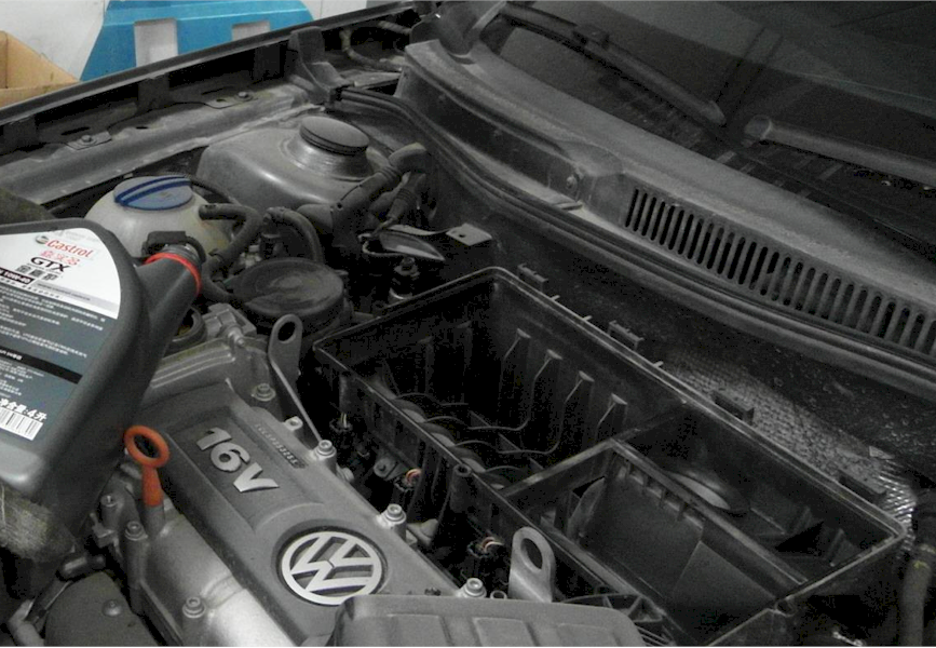Top 8 Tips On How To Maintain Your Car
Your car will never create havoc on its own. You’re partly at fault too. With some helpful tips and tricks, you can get your car up and running for decades at a stretch.
Taking good care of your car doesn’t only ensure a better driving experience, it is safer and more economical too.
1. Read the manual:
People often trash their manual without so much as a second glance at what it has to say, but we all know that it is impossible to find a ‘one-size-fits-all’ set of instructions for all models.
Retain your car manual, or keep a digital copy on your computer for future use. It is your first port of call for any sort of functional issue or query, whether it may be for oil, engine, tires, or mileage.
2. Pay attention to the tires:
Adequate care taken upon the tires can deliver less wear and tear and more gas mileage.
A big ‘no’ for cars would be to install mismatched tires. In doing so, you risk causing the tires to spin out of control, leading to major road accidents.
Also, refrain from overloading your car, as the pressure inflicted on the tires could wear them out much faster.
3. Know what the light indicators mean:
Warning light indicators notify you when something is conspicuous. You will need to memorize the meaning of each indicator to ensure nothing is left unchecked and within your comfort zone. Some of the indicators that you must pay attention to are the:
- Check Engine Light;
- Electrical Fault Light;
- Service Engine Lights
- ABS Warning Light;
- Brake Warning Light;
- Oil Warning Light;
- and Coolant Warning Light.
The above signals are related to engine overheating, while others could signal dead-end to issues such as oil pressure inequalities, brake fluid abnormalities, or low receptive car motors. Do not leave any stone unflipped! Heading to curateview can show you the means of the light indicators.
4. Find the best oil for your car:
The manual also includes which oil is compatible with your car’s model and engine.
Change the oil regularly and check meticulously for discrepancies in how each change affects your car’s performance. If you are changing it yourself, you must familiarise yourself with oil level settings and disposal techniques. Understand what kinds of motor oil suit your car best, and learn more about how differences such as non-synthetic vs. synthetic oils, oil viscosity, and mileage could alter the way your car operates.
5. Examine the engine:
It’s never a good way to start your day with an over-heated engine. The coolant light detector can save you some time figuring this out. There are multiple ways to regulate the heat level once detected.
Has your car been sluggish lately? Or the power slows down gradually while driving? If your answer is yes – your car is may need to have its throttle body, fuel filter, wires, valves, or other integral parts replaced.
6. Check the brakes:
Worn-out brakes cause prolonged stops, burning odors, and unusual ‘flapping sounds’ as you pull over. These are tell-tale symptoms for faulty brake pads and rotors. Usually, changing these parts is sufficient in solving the issue.
Brake fluids accommodate corrosion more than other parts of the car. This will degrade the car’s overall performance too. If you notice that your brake fluid has turned musky or cloudy, change it immediately. Also don’t forget to bleed the brakes after changing the fluids.
7. Keep driving:
It is essential not to let your car be idle. Regular drives keep everything running smoothly and up-beat. When is not possible to drive anywhere, try to leave your engine running for at least half an hour each week. However, never keep the electrical system turned on when your car is parked. You’re not only using up the battery life, but also the car’s longevity. Another common mistake is leaving the car keys in the ignition port when your car is stagnant.
Moral of the story – don’t waste power and resources.
8. The exterior:
From road dust to ice flakes, no matter where you live, washing your car is an essential part to good maintenance. Regular car washes eliminate damage caused by dust particles, residues, and gunk accumulated within the nooks and crannies of your car.
Choose your supplies wisely. When it comes to car waxes, shiners, or other chemicals, a generic grab-and-go product will cut some years off your car’s life span. Using the wrong tools can leave the outer coating of your car to look cloudy or dull. Opt for protective, long-lasting, and quality-tested products.
Last Words:
None of these tips is rocket science. If you can invest in a car, you commit to taking care of it.
These basic tips are relatively easy to follow. Adhering to these tricks can prolong your time spent with your current vehicle.

